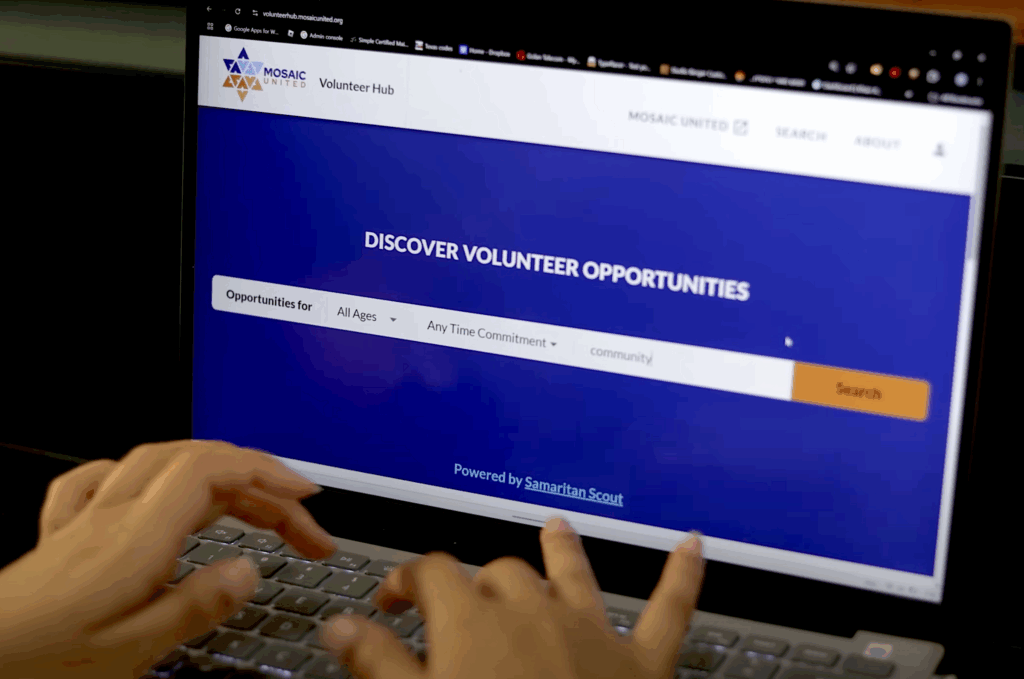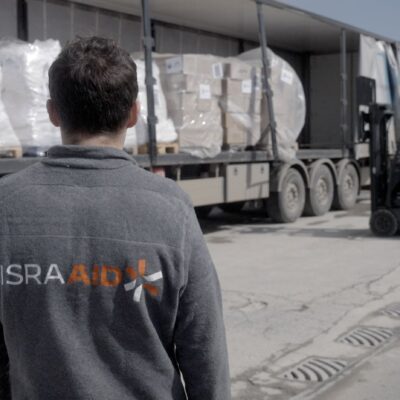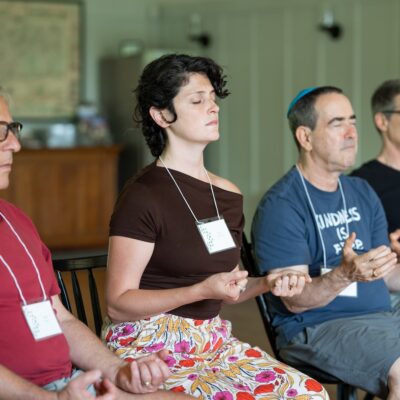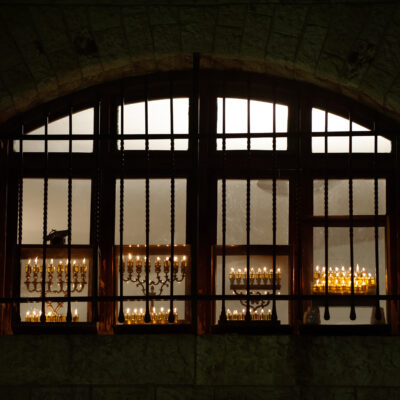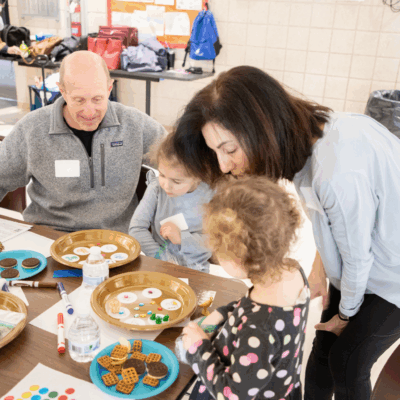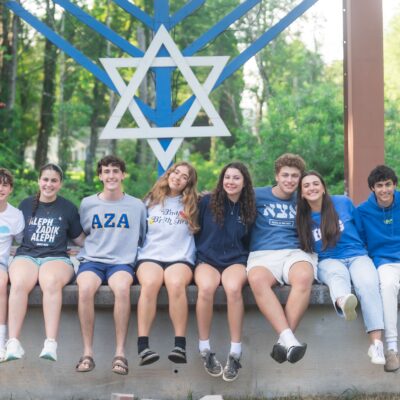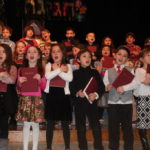Civic Discourse in the Supplemental Jewish Classroom

By Rabbi Toby H. Manewith and Linda Sonin
A recent article on eJewish Philanthropy asked: “Is there a place for civic education in the Jewish education classroom?”
The answer is a resounding yes. We do not have to make room, it has long held a place at the table – or perhaps desk – of Jewish education alongside Hebrew and textual learning, historical inquiry and holiday celebrations. When a Jewish senator was nominated for Vice-President of the United States, civic education came into the Jewish classroom, as it did during the Civil Rights and labor movements. This practice goes back thousands of years. Sitting in the great halls of academia that produced the Talmud, our ancestors debated the role of the government and how we might relate to it; they taught the fine points of social issues integral to a civil society such as the care of the less fortunate, the widow, and the orphan.
Supplemental school teachers have historically devoted class time to current events, but these times demand a larger focus, an intentional shift to increase Jewish learning and engagement on these issues. Faced with an ever-connected, media-savvy population who has unprecedented access to world news and often competing, contentious commentaries, Jewish educators have begun expanding their repertoires to meet the needs of their students. However, front-line educators need more.
This became apparent a few years ago, when, in 2015, there seemed to be a sudden increase in violent acts, natural disasters, and political rancor. In the wake of these events, supplemental school teachers looked not only for projects to assist those in need, but also materials to help their students digest and make sense of an occurrence, the seeming randomness and cruelty of which was difficult to understand. The staff at JTeach.org began to write, crafting lessons and text sheets to assist educators and clergy with framing healthy conversations about national/world events. These resources were developed based on core, shared values, mined from Jewish wisdom across time, which served as touchstones for centering conversations and promoting civil discourse, while leaving space for multiple points of view.
Since that time, the bank of lessons available as part of the Challenge and Response curricula has been deepened and broadened, giving teachers Jewish avenues for exploring and processing local, national, and international crises. The overwhelmingly positive response to these lessons, reflected in ever-surging downloads, emboldened us to develop material which speaks to the spiritual, communal and civic responsibility to address the root causes of some of the crises currently faced by our nation and the world.
You asked: “What is the Jewish imperative when it comes to civil discourse and engagement?” Here, too, we believe that we must engage, as the Jewish community has always done. It is impossible to decouple civic engagement from civil dialogue; one cannot responsibly be taught without the other. As such, in addition to a lesson centering on the tradition of praying for a government and material focused on informed voting, JTeach staff has also created a text sheet and discussion guide on rebuke, and guidelines for civil discourse leading up to and in the aftermath of elections, among other work.
Jewish professionals from all ranks, and across denominational lines, have engaged their students with these materials. Many users have reached out to us with expressions of gratitude and requests for more. And “more” is always being created.
The article also asked: “What can we – funders, educators, thought leaders and students – do, right now…?” When crafting lessons, we always want to know what students are hearing, seeing, wondering, and/or concerned about. Given material and support for using Jewish wisdom to grapple with civic issues, we hope they will continue to share their thoughts with those who teach them. It has been our experience that educators and thought leaders often conflate civic education and politics, worrying that congregants will balk at the thought of such discussions in the classroom. We would like to remind them that the Jewish people have never been afraid of debate or of tackling difficult issues.
As to funders, the work has already begun. This year’s Lippman Kanfer Prize for Applied Jewish Wisdom is directed at “Applying Jewish Wisdom to Democracy and Civic Engagement.” The most recent issue of the Covenant Foundation’s Sight Line focuses on “Contemplating Civil Discourse: The Jewish Imperative.” With these foundations leading the way, others will surely follow.
It is interesting to note that the Association for Supervision and Curriculum’s October 2018 issue of Educational Leadership highlighted advances in the field of Social Emotional Learning and its positive impact in helping students gain the tools to live meaningful, satisfying lives. Our jobs as Jewish educators and communal leaders must include creating safe environments where our students can learn the skills to respectfully engage in civil discussion through the prism of Jewish wisdom. This is a gift that will last a lifetime.
Rabbi Toby H. Manewith is a Jewish educational consultant specializing in curriculum development.
Linda Sonin is the Founding Director of JTeach.org, the Board of Jewish Education of Metropolitan Chicago’s Online Resource Center.

 Add EJP on Google
Add EJP on Google